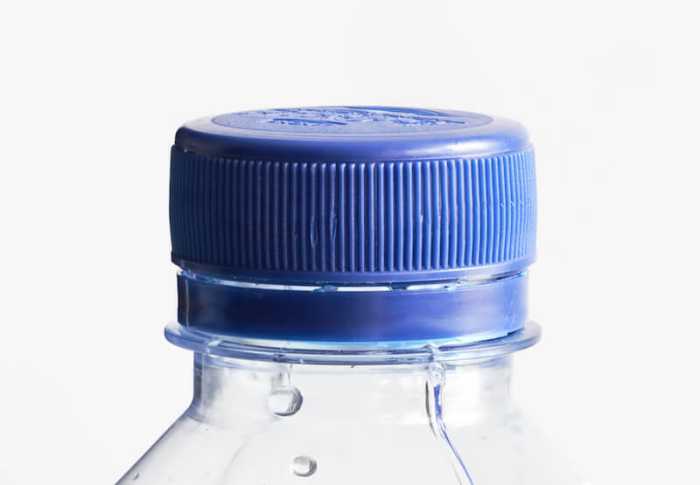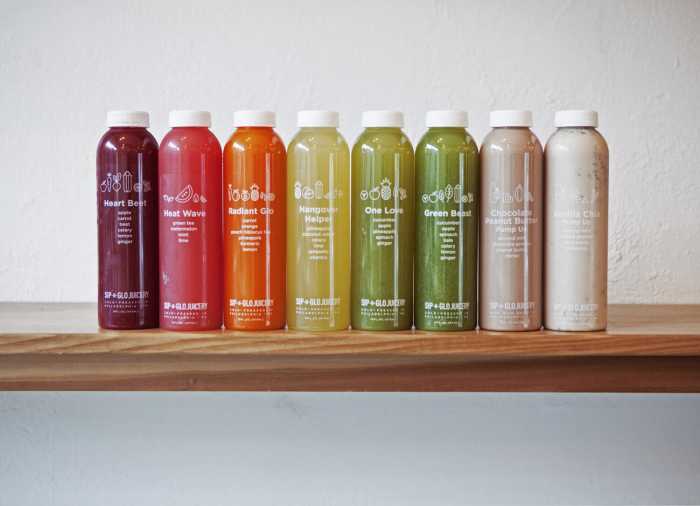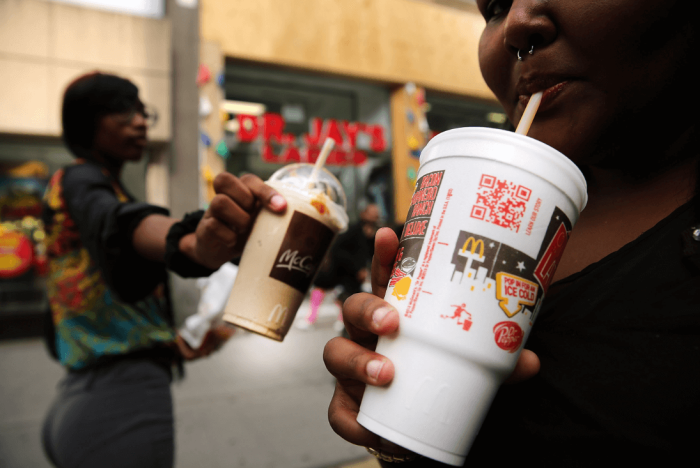Though the national baby formula shortage has, to an extent, faded from the headlines, many families are still struggling to get nutritional products for their children.
Dr. Katie Lockwood, a primary care pediatrician at the Children’s Hospital of Philadelphia, said she continues to see parents who report driving from store to store in search of their preferred formula.
The shortage began after a large Abbott-run factory in Michigan was closed due to contamination. While that facility, the largest in the U.S., reopened earlier this month, it has since been shuttered again due to storm damage.
White House officials said last week that plans are in place to import formula from Mexico, and shipments have already arrived from Europe and Australia.
Metro spoke with Dr. Lockwood about what measures families should — and should not — take amid the shortage.
Do you have any suggestions or tips for parents who are struggling to find formula?
One of the tips is that if you do shop at a big box store or even a pharmacy where you can talk to the people that work there, you can find out when they get their shipments in so you can try to go at that time of day when they might be restocking the shelves.
Another is to look at smaller mom-and-pop stores where the shelves might not be wiped out as much. There are sometimes smaller bodegas or family-owned pharmacies that people might not think of as selling formula.

Should parents be worried about switching brands?
For most kids who don’t have a medical reason to be on a particular formula, the standard formulas that are milk-based are interchangeable for the most part.
Babies might initially kind of make a face at it or reject it for a second, like, “Oh, this isn’t what I’m used to.” But from a digestion standpoint, they will adjust between those different versions, and so you really can switch.
That being said, it’s not preferable to switch all the time, because it does take babies sometimes a little bit of adjusting to it. But in this shortage situation, if you really can’t find your brand, switching to another brand is safe.
Is it okay to add water to formula to extend its lifespan?
It is dangerous to water down formula. Especially for infants six months and younger, they can’t process that extra water as quickly. It can cause serious electrolyte disturbances, and even lead to things like brain swelling and seizures.
For six months and older, while they might be able to handle drinking extra water, you’re diluting the calories that they’re getting. If you’re doing this long term, it may impact their growth. We don’t recommend adding extra water to any formula.
What about making your own formula at home? Is that safe?
It’s certainly something generationally that was done in the past. But we’ve learned a lot since those recipes were created about the nutritional needs of infants.
We don’t recommend making it at home because there can be significant gaps in the nutrition in those formulas, as well as the risk for contamination in home preparations. We can’t mimic at home what’s done in an FDA-certified lab.
There have been reports of people using cow’s milk. What are the parameters there?
If your infant is 10 months or older, in the short term, if there’s no formula available, using cow’s milk can be safe. You would want to talk to your doctor because often we will supplement them with a vitamin to meet the nutritional needs that are missing in cow’s milk.
The other alternative, I’ll say, is toddler’s formula, which is often easier to find on the shelves than infant formula. That can also be used for kids again in that 10 month and up range for the short term and again may need other vitamins.



























